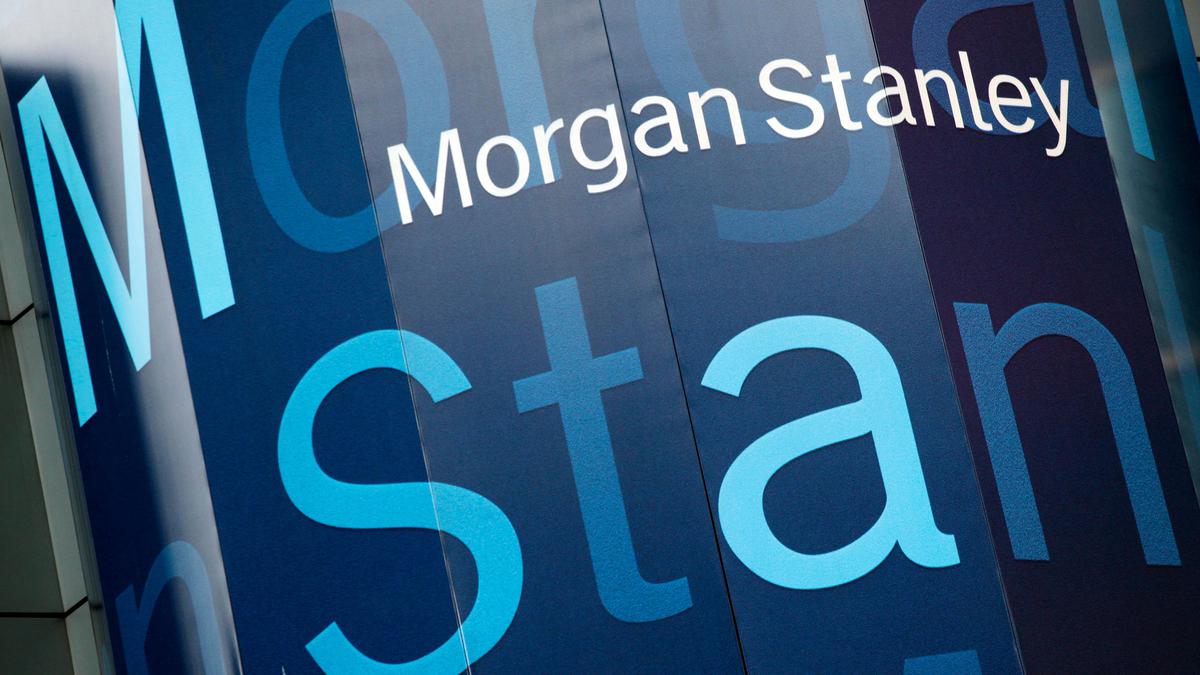
India transformed in less than a decade: Morgan Stanley
The Hindu
India has gained positions in the world order with significant positive consequences.
India, under Prime Minister Narendra Modi, has transformed, gaining a position in the world order and becoming a key driver for Asia and global growth, said Morgan Stanley.
In a report, Morgan Stanley said significant scepticism about India, particularly with overseas investors, ignores the significant changes that have taken place in India, especially since 2014.
Rejecting criticism that India has not delivered its potential (despite it being the second-fastest-growing economy and among the top-performing stock markets over the past 25 years) and that equity valuations are too rich, saying such a view ignores the systematic reforms in the last nine years.
"This India is different from what it was in 2013. In a short span of 10 years, India has gained positions in the world order with significant positive consequences for the macro and market outlook," it said. "India has transformed in less than a decade." Listing the 10 big changes that have happened since Prime Minister Narendra Modi took office in 2014, the brokerage said bringing corporate tax at par with peers and infrastructure investment picking pace are one of the biggest supply-side policy reforms.
Also, the rising collection of GST — the uniform tax that replaced more than a dozen different central and state taxes — and the rising share of digital transactions as a percentage of GDP indicate the formalisation of the economy.
Transfer of subsidies to accounts of beneficiaries, insolvency and bankruptcy code, flexible inflation targeting, focus on FDI, government support for corporate profits, a new law for real estate sector and MNC sentiment at multi-year high were other significant changes, it said.
Manufacturing and capital spending as a percentage of GDP has continuously risen, Morgan Stanley said, adding export market share is projected to more than double to 4.5% by 2031.





















 Run 3 Space | Play Space Running Game
Run 3 Space | Play Space Running Game Traffic Jam 3D | Online Racing Game
Traffic Jam 3D | Online Racing Game Duck Hunt | Play Old Classic Game
Duck Hunt | Play Old Classic Game











